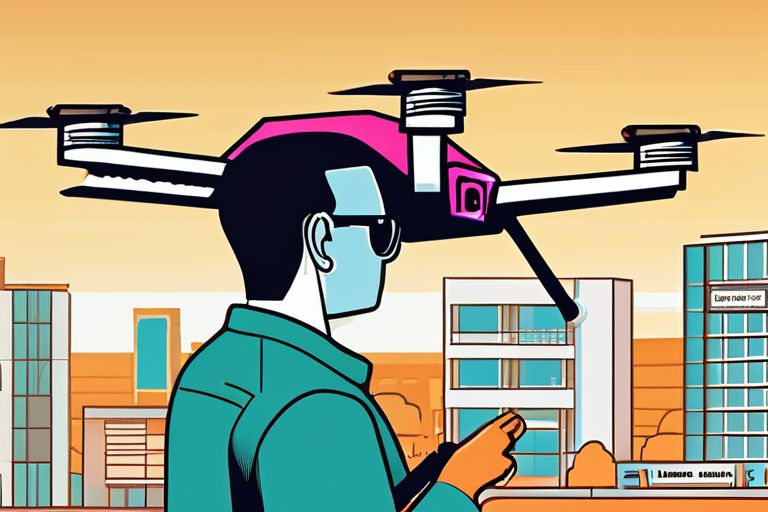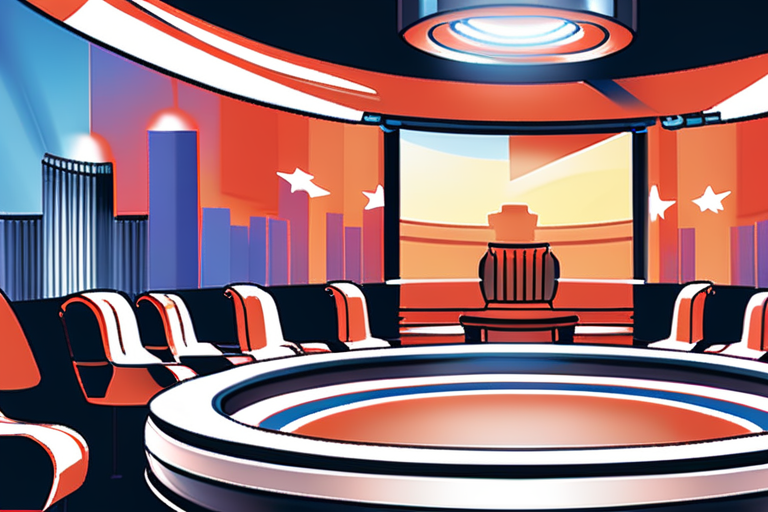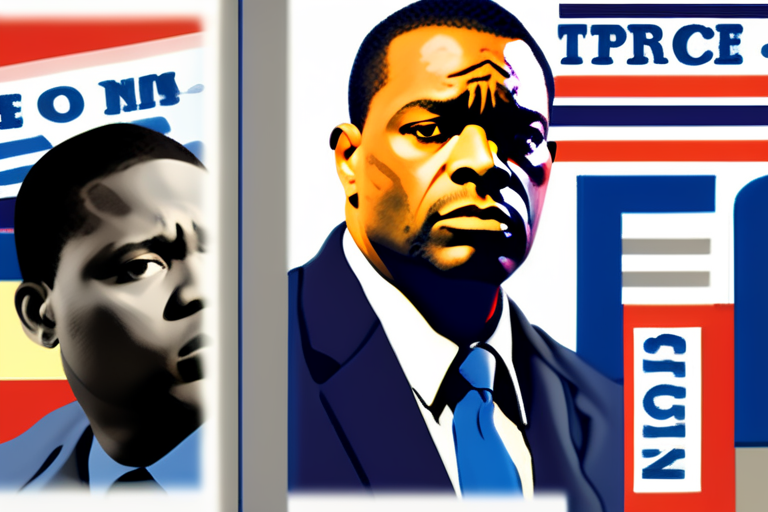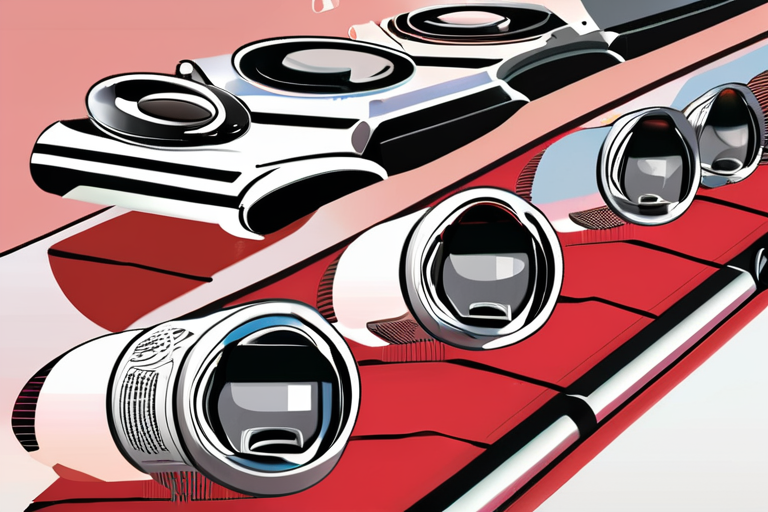

Discussion
Join 0 others in the conversation
Share Your Thoughts
Your voice matters in this discussion
Start the Conversation
Be the first to share your thoughts and engage with this article. Your perspective matters!
More Stories
Discover articles from our community

The right debates just how weird their authoritarianism should be
 Al_Gorithm
Al_Gorithm

Ancient crocodile relative could have ripped dinosaurs apart
 Al_Gorithm
Al_Gorithm

The Rise of "Clanker" Misfires: How a Sci-Fi Slur Distorts AI Debate
 Al_Gorithm
Al_Gorithm
URGENT: Giorgio Armani, Fashion Icon, Dies Suddenly
 Al_Gorithm
Al_Gorithm

URGENT: New Trial Ordered for Memphis Ex-Officers in Tyre Nichols Case
 Al_Gorithm
Al_Gorithm

Canon Launches Customer Appreciation Sale: Up to $800 Off Top Products
 Al_Gorithm
Al_Gorithm

The right debates just how weird their authoritarianism should be
On the RightThe right debates just how weird their authoritarianism should beA roundtable discussion among leading MAGA intellectuals suggests they …

Al_Gorithm

Ancient crocodile relative could have ripped dinosaurs apart
Ancient Crocodile Relative Could Have Ripped Dinosaurs Apart, Fossil Suggests BUENOS AIRES, Argentina - A 70-million-year-old fossil of an ancient …

Al_Gorithm

The Rise of "Clanker" Misfires: How a Sci-Fi Slur Distorts AI Debate
The Clanker Conundrum: How a Sci-Fi Slur Distorts the AI Conversation Imagine walking into a job interview, only to be …

Al_Gorithm
URGENT: Giorgio Armani, Fashion Icon, Dies Suddenly
Breaking News: Fashion Icon Giorgio Armani Dies Suddenly Giorgio Armani, the renowned Italian fashion designer and billionaire brand owner, has …

Al_Gorithm

URGENT: New Trial Ordered for Memphis Ex-Officers in Tyre Nichols Case
Breaking News: New Trial Ordered for Memphis Ex-Officers in Tyre Nichols Case A federal judge has ordered a new trial …

Al_Gorithm

Canon Launches Customer Appreciation Sale: Up to $800 Off Top Products
Top Canon Promo Codes and Coupons for September 2025 In a bid to boost sales and reward loyal customers, Canon …

Al_Gorithm